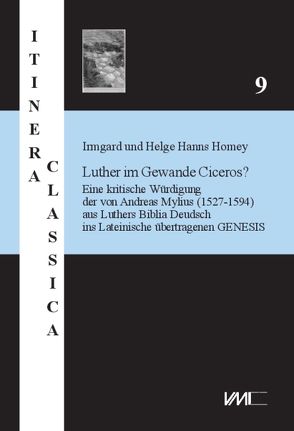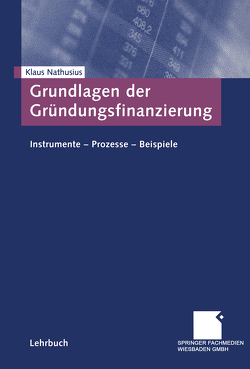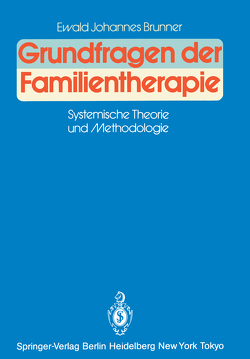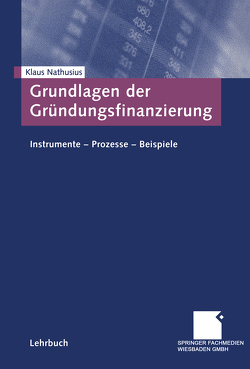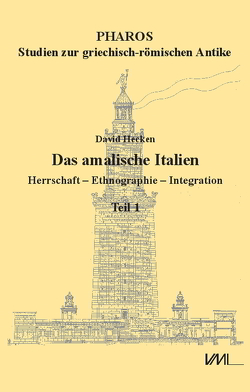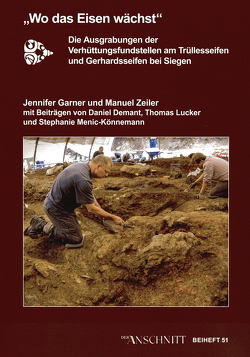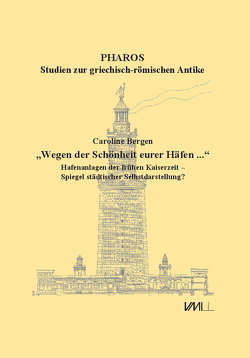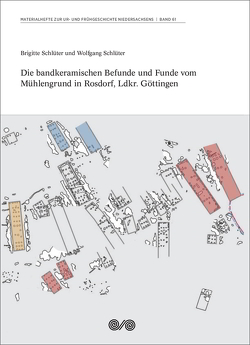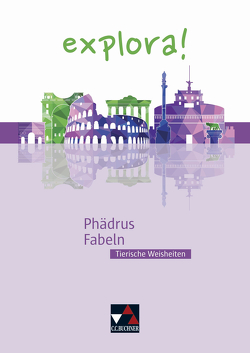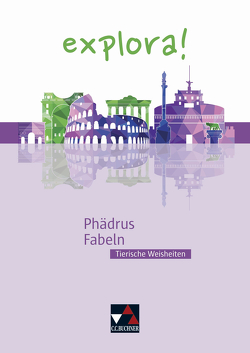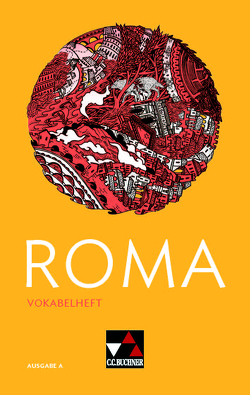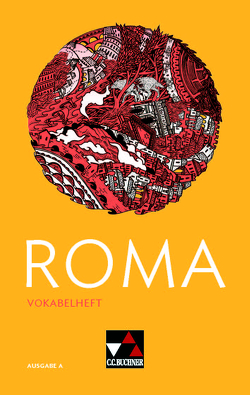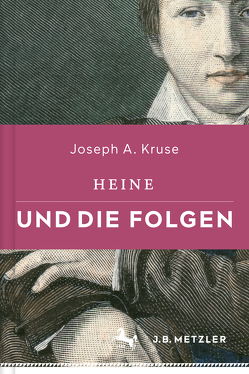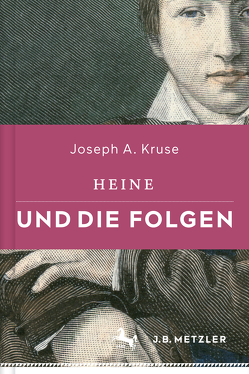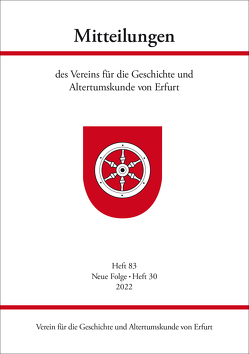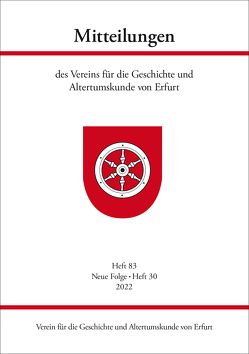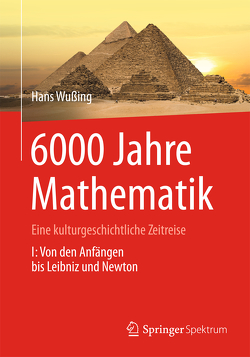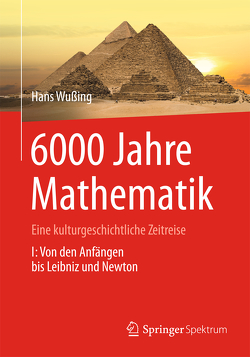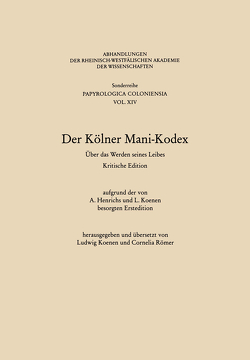Luther im Gewande Ciceros?
Eine kritische Würdigung der von Andreas Mylius (1527-1594) aus Luthers Biblia Deudsch ins Lateinische übertragenen GENESIS
Helge Hanns Homey, Irmgard Homey
The booklet labelled “Genesis Latine saec. XVI” and now kept in Rostock University Library [mss. theol. 64] is a translation of the First Book of Moses into Ciceronian Latin initiated by John Albert I., Duke of Mecklenburg. Paradoxically it was not based on the Hebrew original, but on Luther’s “Biblia Deudsch” [German Bible] which the duke considered homologous to the original. On the one hand the translator was supposed to repeat the theological content of Luther’s text as exactly as possible, on the other hand the Vulgate should be outmatched as to perspicuity and pureness of language. While Luther’s vernacular narrative emulating the enumerative style of the original was mainly directed at a listening audience, Mylius’s elegant phrasing and elaborate periodic sentences aimed at providing an aesthetic stimulus for a small number of educated people to read the Bible. In doing so he abandoned epic aloofness in favour of commiseration and taking sides in his dramatically worded text structured by regulatory signals. Unlike the theocentric world outlook of the original and of Luther, Mylius proves himself more interested in the world and mankind, and his text appears surprisingly modern.
